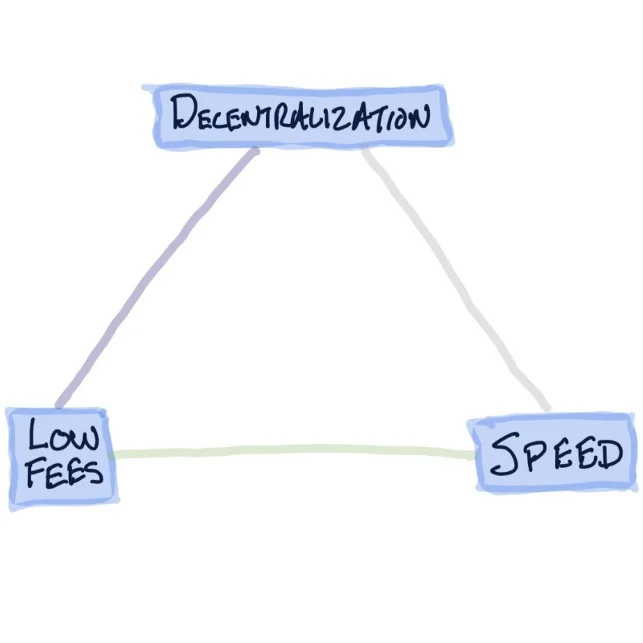On the surface, an open banking framework in the US like the one proposed for the UK appears beneficial to today’s API providers. If such a framework was widely adopted, API providers would see overhead cost reductions and product improvement, as they would no longer need to support the multitude of proprietary banking system that exist today. Additionally, because US financial institutions would no longer need to support multiple APIs, an open framework would de-risk the possibility for API providers that their product does not become the industry standard. However, this de-risking is a double-edged sword and creates strategic problems for today’s providers.
Read MoreTL/DR — Apple’s success is predicated on platform while Google’s is predicated on services. Where Apple builds services for its platform, Google builds platforms for its services. Any Apple service that provides stickiness to iOS, like iMessage, will never be available cross platform because it would represent a trade of valuable iOS platform users for less valuable service users. Despite the changing focuses of both Apple and Google over the next decade, these underlying platform/service truths will hold constant.
Read MoreApple’s struggle to provide big-data services like the AIs recently presented by Google and Facebook have led to concerns that Apple could be destined for a similar fate to BlackBerry maker RIM. In this post, I wanted to present an alternative version of how the next iteration of the web might unfold. Apple definitely has a plan. Apple’s focus on privacy and ad-blocking is its attempt to transition value from the web towards its own iOS platform by undercutting the feasibility of targeted advertising. The value of Facebook and Google is predicated on the value of their underlying data. If Apple can devalue that data, then it can potentially turn the entire industry on its head. If Facebook and Google’s bet on AI is considered a “big if”, then Apple’s bet that it can devalue the web should be considered a titanic if. The most probable outcome is assuredly somewhere in the middle, but it’s always fun to play devil’s advocate.
Read MoreNCAA pool strategy is an interesting mix of probability and game theory concepts. It's easy to optimize for one or the other, but difficult to mesh them together. This model isn't perfect, and probably underestimates the optionality of extremely contrarian picks, but I'd like to believe it's a bit better than what's offered by the 'Win Your Bracket with These 5 Easy Tricks' types of headlines. Good luck and have fun!
Read MoreFor my final project in my entrepreneurial finance class this year at Tuck, I decided to look at different methods for valuing early stage companies. I ended up building a model for valuing early stage companies using the options based valuation approach. I found the model was highly useful for a) simply determining the value of a company based on deal terms likes liquidity preference and participation rather than a traditional post or pre-money analysis and b) measuring the dollar or equity cost of including different features in deals like liquidity preference and participation.
Read More
In a recent class at Tuck, we were treated with a guest lecture from a Tuck alum who is well established in the VC industry. In preparation for this class, my classmates and I were asked to formulate an opinion on whether or not we believed the tech industry was experiencing a second bubble. Below is my brief response, which I hope some will find interesting:
Read MoreOver the last two or so years, health and fitness trackers have evolved from data collectors for the curious to ubiquitous accessory for everyone. Despite a huge upswing in adoption for these products, many customers have been returning their devices. In fact, an Endeavour Partners report from 2014 suggests a third of fitness wearable owners stop using their device within six months, and a half of all fitness wearable owners stop using their device eventually. One of the biggest reasons for low wearable retention rates is the lack of insight that they provide. Users who fail to glean actionable insights from their fitness trackers are unlikely to see a change in fitness levels and will eventually abandon the fruitless device.
Read More





